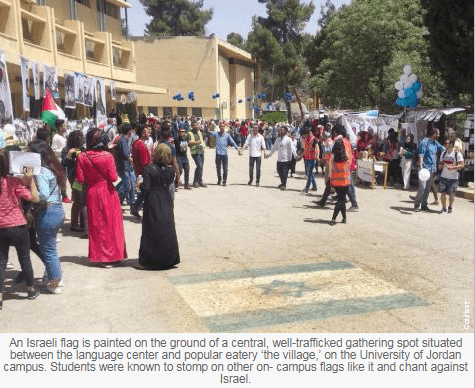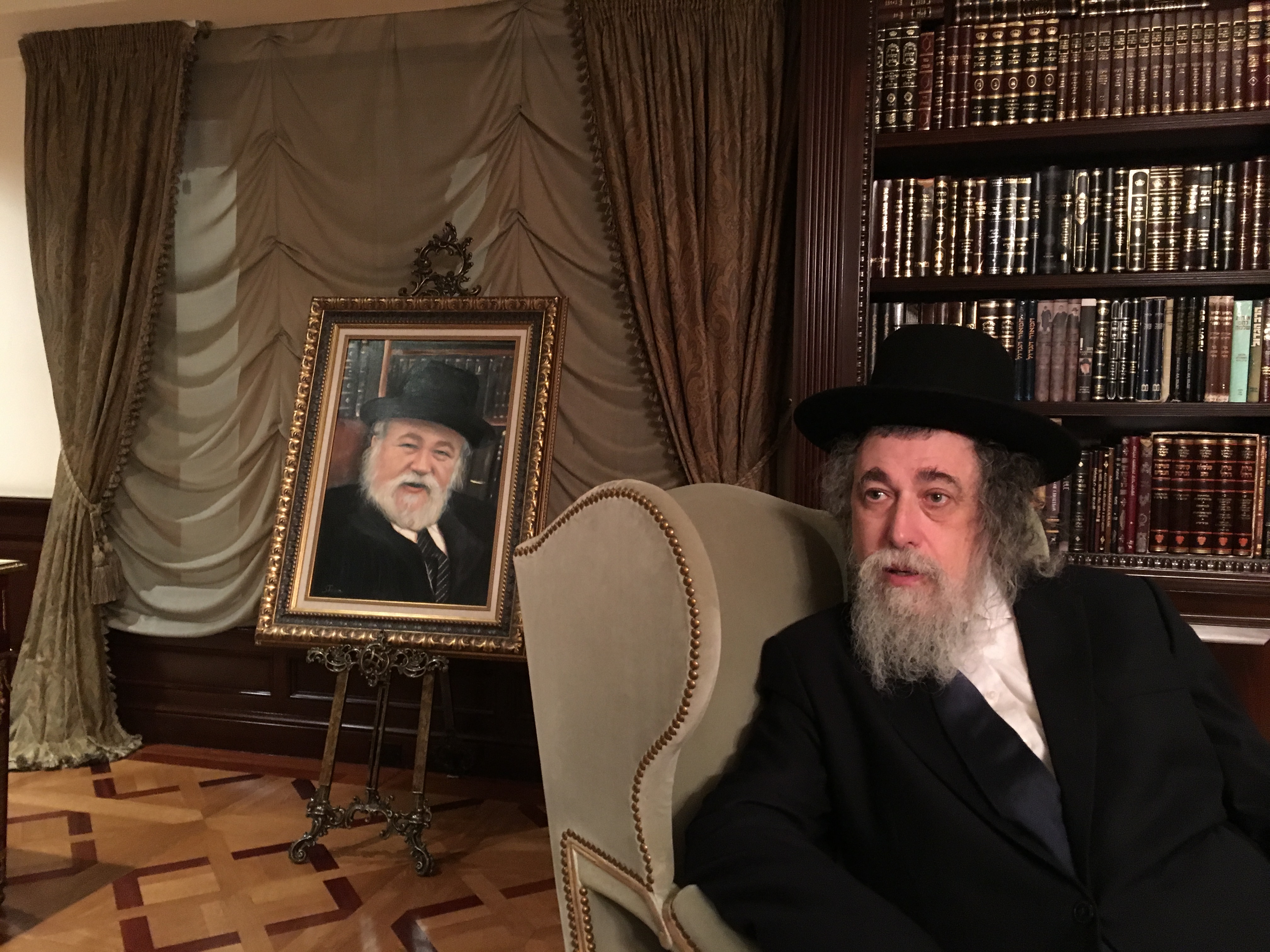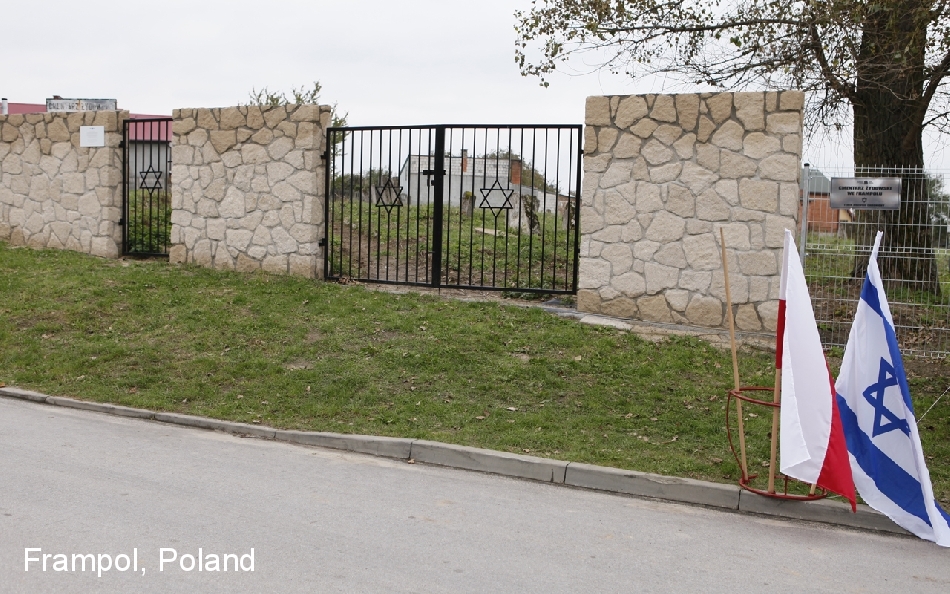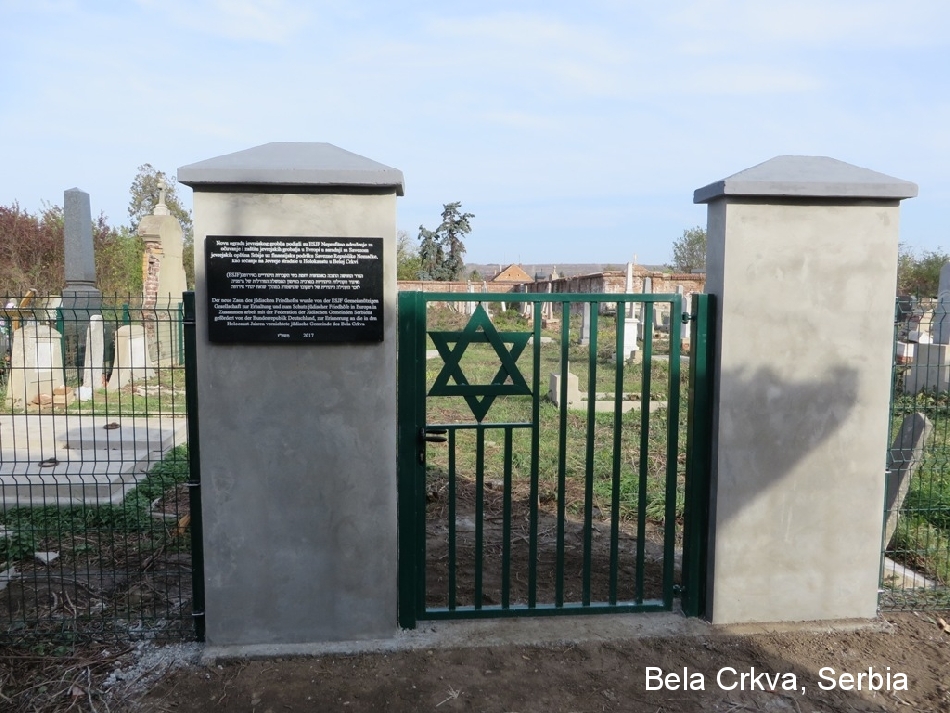Original Article in The Times Of Israel:
Despite a decade age gap, Julia and Lina Glushko are inseparable — on and off the court
When Julia Glushko began playing on the pro tennis tour in 2004, her sister Lina was a little girl of four. Fourteen years later, Lina is following in Julia’s footsteps — no mean feat, considering the trail her older sister is blazing.
On July 29, the elder Glushko won the $60,000 women’s singles title at the prestigious International Tennis Federation tournament in Granby, Canada. She upset top-seeded Arina Rodionova of Australia for the win.
Julia is currently ranked 196 in the world; Lina is 838.
The sisters recently added “doubles partners” to their impressive resumes, joining an elite club of professional tennis-playing siblings which includes the Bryan brothers, the Williams sisters, the McEnroe brothers and more.
At the April 2018 Fed Cup women’s tennis tournament in Athens, Greece, Israel’s team captain Tzipi Obziler and coach Sandra Wasserman decided to pair up the Glushko sisters in a doubles match.
“It was more than natural to let them play together,” said Obziler. “The combination of Julia, the experienced sister, together with Lina, who got her first chance to play matches in the Fed Cup, brought a very good high level doubles team,” said Obziler.
Wasserman agrees. “During practice sessions in the days before the competition, we saw that they were very motivated to play together. They played well and had good communication, so we gave it a chance,” she said.
The Glushko sisters became accustomed to each other on court during an intense four days of matches versus Norway, Bosnia and Herzegovina, Luxembourg and Denmark. After winning the first three deciding tie matches, they lost the semifinal 6-3, 6-4 to Emile Francati and Maria Jespersen of Denmark.
“The Danish girls were better the last day,” said Wasserman, their coach.
One love
Lina, who spoke with The Times of Israel by phone following her first week of basic training in the Israel Defense Forces, remembers the many years Julia — her “best friend” — was constantly on the road.
“I was a little girl, and she was in her 20s,” she said. “I don’t feel like she is 10 years older — we are more like twins. In the last two years or so, we talk 24/7 and we are very connected.”
When they’re in Israel, they practice together. “Now, I am no longer a little girl who doesn’t understand what is going on on the court,” Lina said.
Lina recently graduated from Ironi Gimel high school in Modiin, where she excelled in English (“It was really easy for me!”), her third language.
The Glushkos moved to Israel from the Ukraine in 1999, one year before Lina was born, and speak Russian at home. They are a true tennis family with both parents and 25-year-old brother, Alex, working as tennis coaches.
Alex has served as Lina’s coach for the past two years, taking over for their father, who had previously served the role.
“One match, my father wasn’t able to come, so Alex came instead. He made me feel so relaxed and good on court. I made it through to the finals, and we have been working together since then,” said Lina. “My dad was happy that I found my place with my brother.”
On the court
According to Lina, the Fed Cup pairing was not their actual debut as a doubles team.
“We played doubles for the first time in 2015 in Israel’s nationals,” she said, admitting that she “didn’t like to play doubles before.”
After that tournament, the Glushko sisters continued testing the waters as a doubles team.
“We played for fun in a tournament to see how it would go — we won first place. Then, we played in a [higher level] 15K tournament,” Lina said.
Representing Israel at the Fed Cup was memorable, though Lina didn’t learn she would be playing until 30 minutes before the Norway match.
“I was so nervous. My hand and racket were shaking. There was so much pressure. But I got used to it. I was so excited — to play with Israel on the back of my t-shirt and with my sister on court. The energy was so good. We played so good together,” she said.
Sibling doubles teams with Jewish roots include Brian and Larry Gottfried — and there are probably others, according to Sandra Harwitt, sportswriter and author of “The Greatest Jewish Tennis Players of All Time.”
“At just 18, Lina Glushko has the benefit of following in her big sister Julia’s sneakers onto the professional tennis scene. Being 10 years older, Julia has a great deal of tour insider information that can help Lina as she’s really just starting her journey in the game. Undoubtedly, this shared sister experience will make the Glushkos feel like a part of a special club in the game,” notes Harwitt.
Looking forward
Fed Cup captain Obziler believes “Lina has great potential,” noting Julia’s recent success on tour.
“Julia is in a great run in the last few months, and the sky is the limit for her,” Obziler said.
Julia recently began working with a new coach, former Israeli tennis player Amir Haddad. She has consistently advanced to the late rounds of recent tournaments in Asia and North America and has won tournaments in Singapore and Thailand.
In a phone interview from a tournament in Gatineau, Canada, Julia told The Times of Israel that the last year was “tough,” with “a lot going on.”
She took three months off, spent some time in Israel “to reflect on things” and changed her coaching staff. She is now “back on track” with her new coach and fitness trainer and feels more self-confident.
“There is lots of positive energy around me, and people who believe in me,” Julia said. “Of course, I train very hard, day in and day out. And I am enjoying my time on court.”
Based on Haddad’s advice, Julia is focusing on smaller tournaments and playing many matches. “I have a nice North American summer ahead of me. I am really excited,” she said.
As a sports mitztayenet (elite athlete) in the IDF, Lina will serve for the next two years with adequate time for tennis training. Her near-term goal is ambitious – finishing the year in the top 500.
And in the not-so-distant future?
“Of course, like everyone, my goal is to win a [Grand] Slam,” Lina said. “And to be #1 in world, kind of obviously.”











